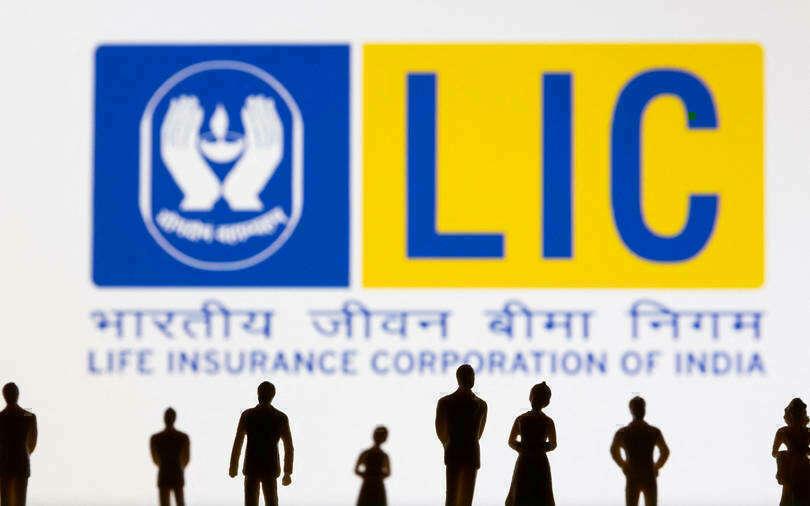Yes Bank is in talks with global private equity firms — TPG, The Carlyle Group and Farallon Capital — for selling large strategic stakes of the private sector lender, a person in the know told The Economic Times.
The money raised will be used to help fund growth and improve asset quality, the report said
“We are looking at three constituencies of investors — private equity, strategic and large Indian family offices. Given that the market cap has come down and the dilution would be larger, I think it will have to be a mix of investors from each of the buckets because there will be restrictions on how much one investor can hold,” Yes chief executive Ravneet Gill had said.
Also, two people directly aware of the discussions told Mint that Yes is in talks with three top technology companies, including Microsoft Corp., to induct one of them as a strategic shareholder as part of the bank’s strategy to get fresh capital infusion and boost its digital ambitions.
Yes could sell as much as 15% through a fresh equity issuance, the people said. “The stake sale may fetch the bank around Rs 2,000 crore,” said one of the two people.
Separately, UTI Asset Management Company is expected to come up with its initial public offering (IPO) in the next six months, persons in the know told The Economic Times, as shareholders of India’s oldest mutual fund house look to sell part of their holdings through the sale.
Promoted by four domestic shareholders including Life Insurance Corporation of India, UTI Asset Management Company may get valued at up to Rs 13,000 crore (about $1.8 billion at current exchange rate). The IPO size may go up to Rs 3,000 crore, said one of the persons.
The IPO move comes after a rule that a shareholder with at least 10% stake in a mutual fund house cannot hold a similar stake in another fund house. The rule applies to all four domestic shareholders of UTI Asset Management Company — Life Insurance Corporation, State Bank of India, Punjab National Bank and Bank of Baroda — that hold 18.5% stake each and have their own mutual fund houses. The remaining 26% stake is held by US asset manager T Rowe Price.












